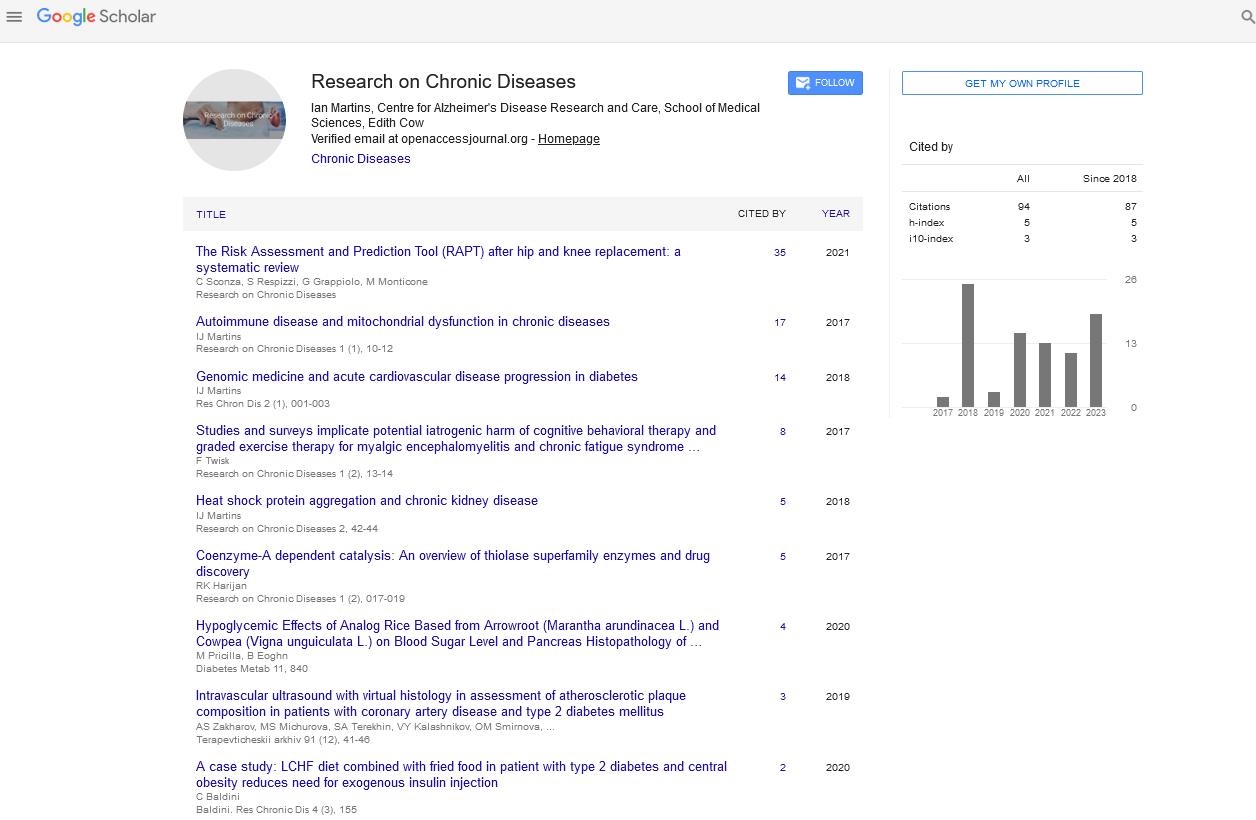Short Communication - Research on Chronic Diseases (2020) Volume 4, Issue 3
Acupuncture in Endocrine
Muniappan Muthuchamy
Madras Medical College, India
Abstract
Acupuncture (Modern/ Indian Acupuncture) is a drug less treatment ( Drug less , that means we don’t give any drug from external administration, but Acupuncture releases the correct drug in correct dose to the target delivery system at the site of diseased organ and correct the disease. So in Endocrine disorders, the God is adjusting everything to the need of the body at the request of Acupuncturists. There are specific points on the body of us. By activating that magic point, body releases the drug from the medical drug store or stimulate the synthesis of drug according to the body’s need. There are specific Endocrine points that are connected with the endocrines. By activating that point with needle, whether hypo or hyperactivity gland bring to normal, the body adjust their activity with the help of Acupuncturist. That is nothing but Automatic Homeostatic Mechanism. There are many Homeostatic points in the body surface, which can be activated by Acupuncturists according to the disorders.
Secondly, Acupuncture acts by activating Feed back mechanism for all the Hypothalamus-Ant. Pit- Adrenal cortex axis involving disorders.
Thirdly, Acupuncture acts by releasing “STEM CELLS” according to the latest findings, which will replace all the degenerative cells by fresh stem cells to correct (regenerate) all the damaged cells to prevent and reat.
Fourthly, Acupuncture acts by inhibiting the synthesis and release of PAF all over the body, which is released in inflammatory conditions, promotes thrombosis, and promotes cancer growth and metastasis. (All the endocrine disorders involving thosebpathological conditions) Acupuncture is very much useful in those conditions without any external hormones and inhibitors with their side effects.
Finally, no microorganism will develop resistance to Acupuncture when acupuncture treatment used for any infectious disease of the glands and also any infection can be prevented, particularly in diabetes mellitus.
Publications
Antifungal properties of secondary metabolites of Azadirachta indica and Lawsonia inermis– An in silico study
Phytochemical analysis and docking study of compounds present in a polyherbal preparation used in the treatment of dermatophytosis Anti-fungal activity of a secondary metabolite of lawsonia alba and its derivatives– An in-silico study
Biography
Muniappan Muthuchamy has 40 years of experience in teaching pharmacology in various medical colleges in India and Tanzania. He has written three text book in pharmacology, one for MBBS, one for Pharmacy one for BDS. Currently he is doing acupuncture practice in Chennai, India, after leaving medical college. And he was also offered the Prof. of pharmacology in a university at Tanzania, where he worked earlier.
